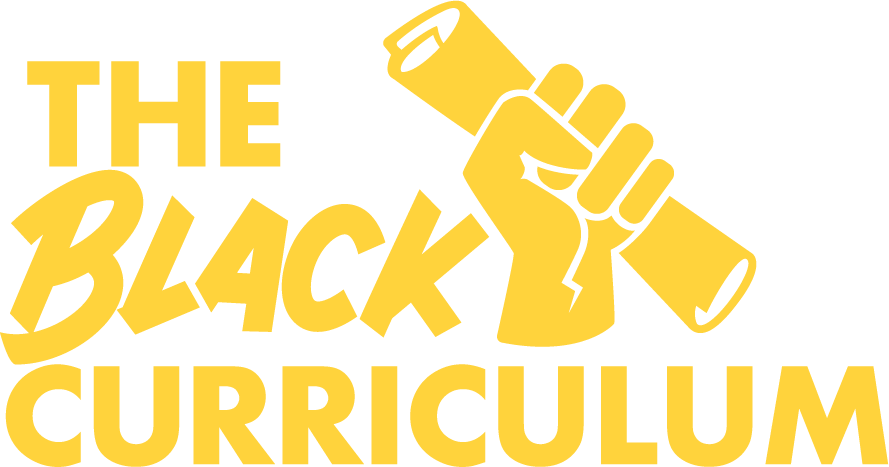Understanding Racial Profiling: History, Impact, and Legal Context
Understanding Racial Profiling: History, Impact, and Legal Context - Written by Eric Banks
In May 2025, we screened our first short film - Omitted, a rich and compelling documentary exploring the theme of reparations in Accra, Ghana . The film was created at the APPG for Reparations in 2024, hosted by MP Bell Riberio Addy, and supported by The Repair Campaign, John Dower and Alex RentoRacial profiling—sometimes called ethnic profiling—is a discriminatory practice where law enforcement targets people based on their race, ethnicity, religion, or national origin rather than actual evidence of wrongdoing.
According to the American Civil Liberties Union (ACLU), racial profiling can look like police stopping people of color for minor traffic violations, immigration officers disproportionately targeting Muslim, Asian, or Middle Eastern immigrants, or even officers refusing to act when crimes are committed against minority families.
While the courts allow stops when officers have probable cause or when someone matches a full suspect description, targeting someone based only on race is unconstitutional and deeply damaging to communities.
A Long History in the U.S.
Racial profiling has existed as long as police forces and communities of color have coexisted. It became highly visible in the 1990s, when cases in New Jersey and Maryland revealed that drivers of color were stopped far more often than white drivers on highways, even though they made up a much smaller portion of the driving population.
Other key legal cases include:
Terry v. Ohio (1968): The Supreme Court allowed stop-and-frisk under limited circumstances, though the practice later became tied to widespread profiling.
New York Stop-and-Frisk (2013): Judge Shira Scheindlin ruled that New York’s policy violated the 14th Amendment’s equal protection clause.
These rulings highlight the tension between lawful criminal profiling based on behavior and illegal racial profiling based on stereotypes.
Racial Profiling vs. Criminal Profiling
Racial Profiling: Relies on stereotypes about race, color, ethnicity, ancestry, or religion to single someone out.
Criminal Profiling: Relies on actual behaviors, facts, or descriptions of suspected criminal activity.
Courts have repeatedly affirmed that racial profiling violates the Constitution, while criminal profiling—when based on legitimate evidence—is legal.
Why Proving Racial Profiling Is Difficult
Victims often need to rely on statistics to prove profiling. Courts typically use two methods:
Benchmarking – comparing the racial makeup of police stops to that of the local population.
Hit Rate – measuring how often stops of certain groups actually uncover illegal activity.
But both approaches have flaws. For example, census data may not reflect transient populations, and high-crime patrol areas often overlap with communities of color, which police departments may use to defend disproportionate stops.
The Human Impact of Racial Profiling
Racial profiling does more than inconvenience drivers or pedestrians—it causes deep harm to individuals and communities:
Community trust erodes. Surveys show minorities feel fear, anger, and hostility toward police when profiling is prevalent.
Mental health suffers. Victims often report trauma, PTSD, anxiety, and even suicidal thoughts. Parents adopt stricter rules for their children out of fear they’ll be targeted.
Lives are lost. In Cincinnati, the 2001 killing of Timothy Thomas, a 19-year-old African-American, sparked widespread outrage and lawsuits against the police department for systemic discrimination.
The effects ripple outward, impacting classmates, families, and neighborhoods, and reinforcing cycles of mistrust and inequality.
Taking Action
Racial profiling undermines human dignity and the rule of law. At the Police Brutality Center, we:
Advocate for victims of racial profiling and police misconduct.
Work to raise awareness about the widespread harms of profiling.
Connect victims with experienced police brutality lawyers who can explain legal options and pursue compensation.
No one should live in fear of being stopped, harassed, or harmed simply because of the colour of their skin. If you or a loved one has been a victim of racial profiling, know that support and legal recourse are available.
Learn more: Racial Profiling by the Police

